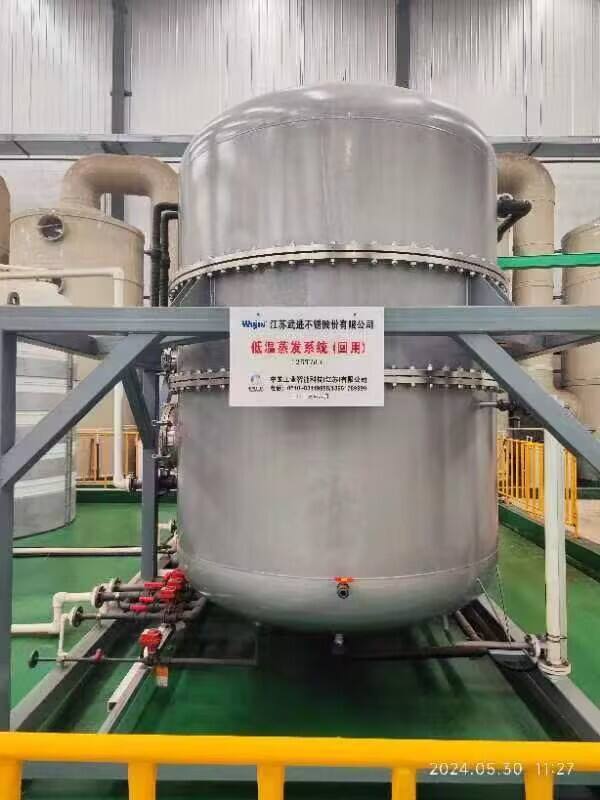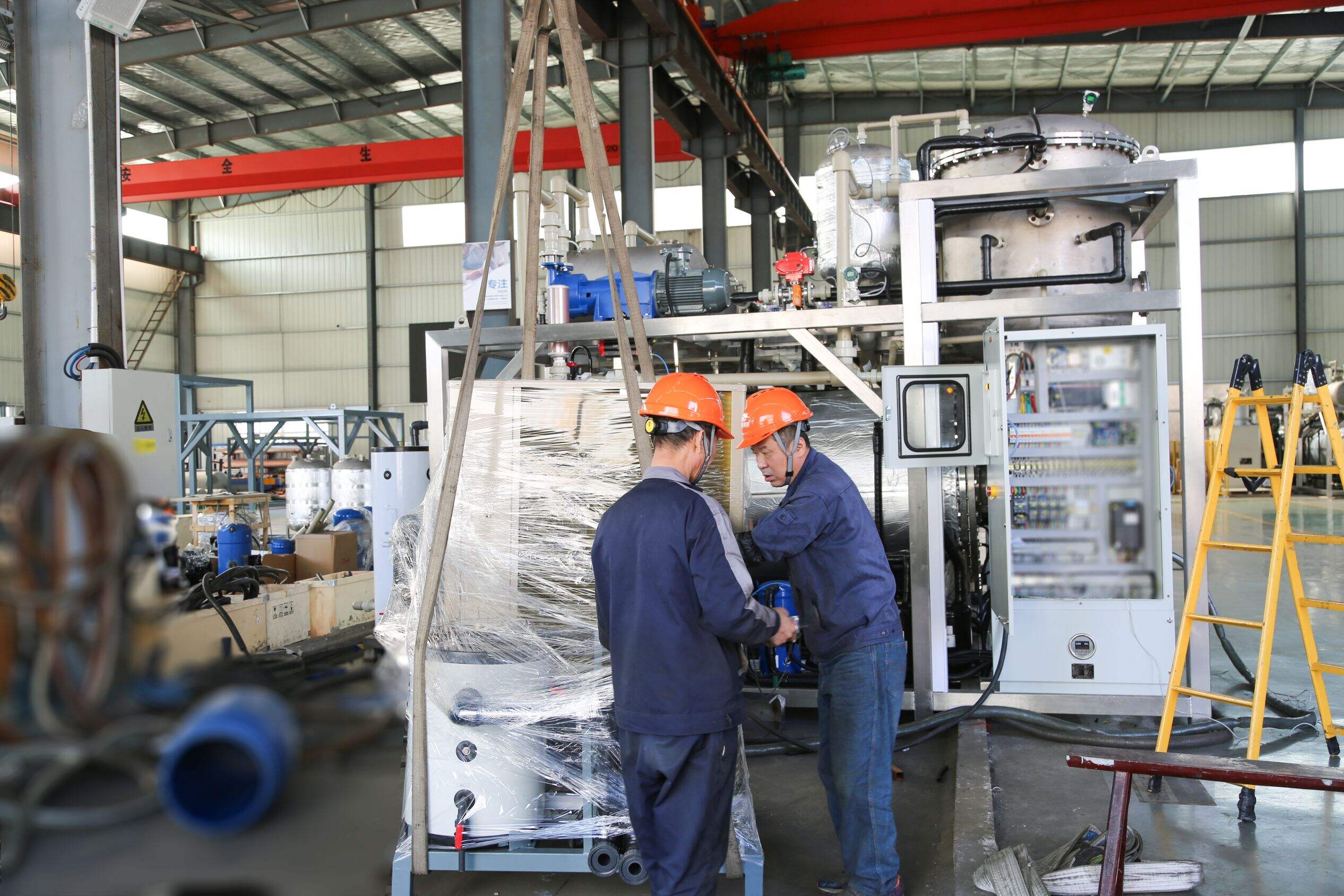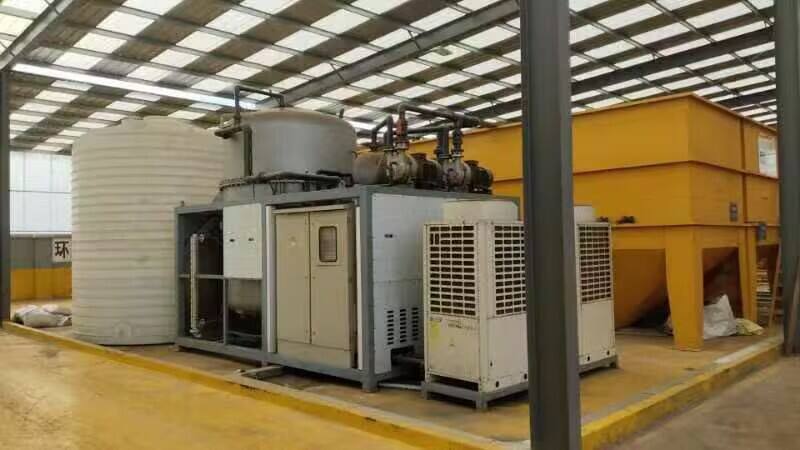industrial vacuum evaporation
Industrial vacuum evaporation represents a sophisticated separation technology that utilizes reduced pressure conditions to facilitate the efficient removal of liquids from various substances. This advanced process operates by lowering the boiling point of liquids through pressure reduction, enabling evaporation to occur at significantly lower temperatures than atmospheric conditions would require. The system typically consists of several key components, including a vacuum chamber, heating elements, condensation units, and sophisticated control systems. The technology excels in concentrating solutions, recovering valuable solvents, and treating industrial wastewater. In practice, the process begins when the material enters the evaporation chamber, where controlled vacuum conditions are established. The combination of reduced pressure and applied heat causes the liquid components to evaporate, while the system's condensation mechanisms capture and collect the vaporized substances. This method proves particularly valuable in industries requiring precise separation processes, such as chemical manufacturing, pharmaceutical production, and food processing. The technology's ability to operate at lower temperatures makes it especially suitable for heat-sensitive materials, while its closed-loop design ensures minimal environmental impact and maximum resource recovery. Modern industrial vacuum evaporators often incorporate advanced automation features, enabling precise control over process parameters and ensuring consistent, high-quality results.


